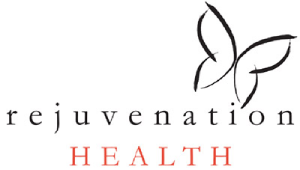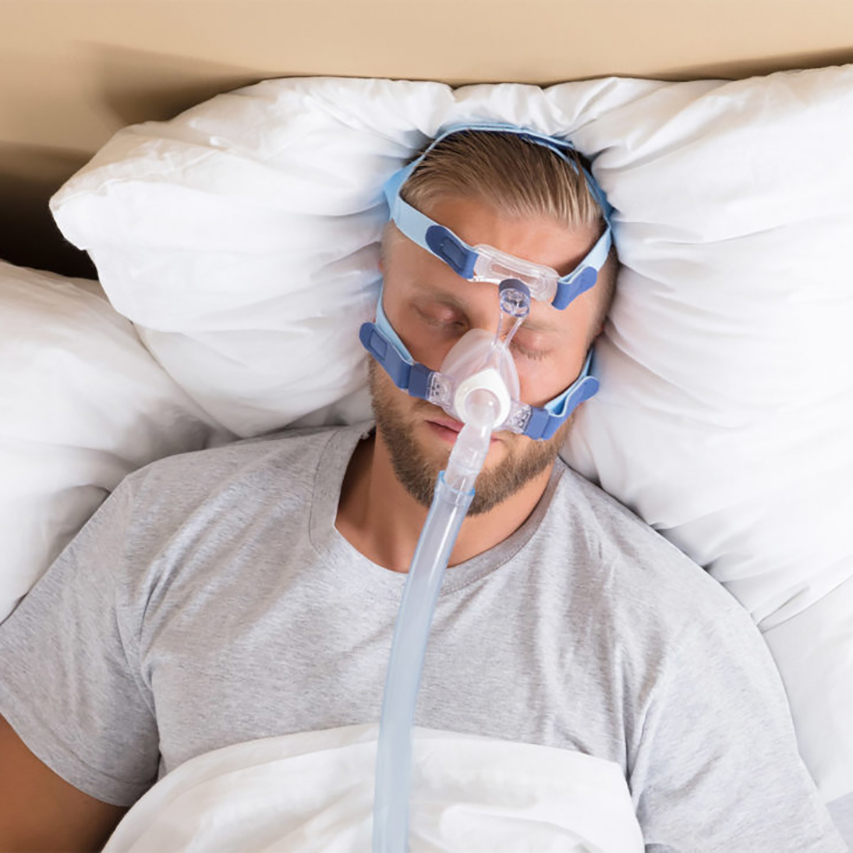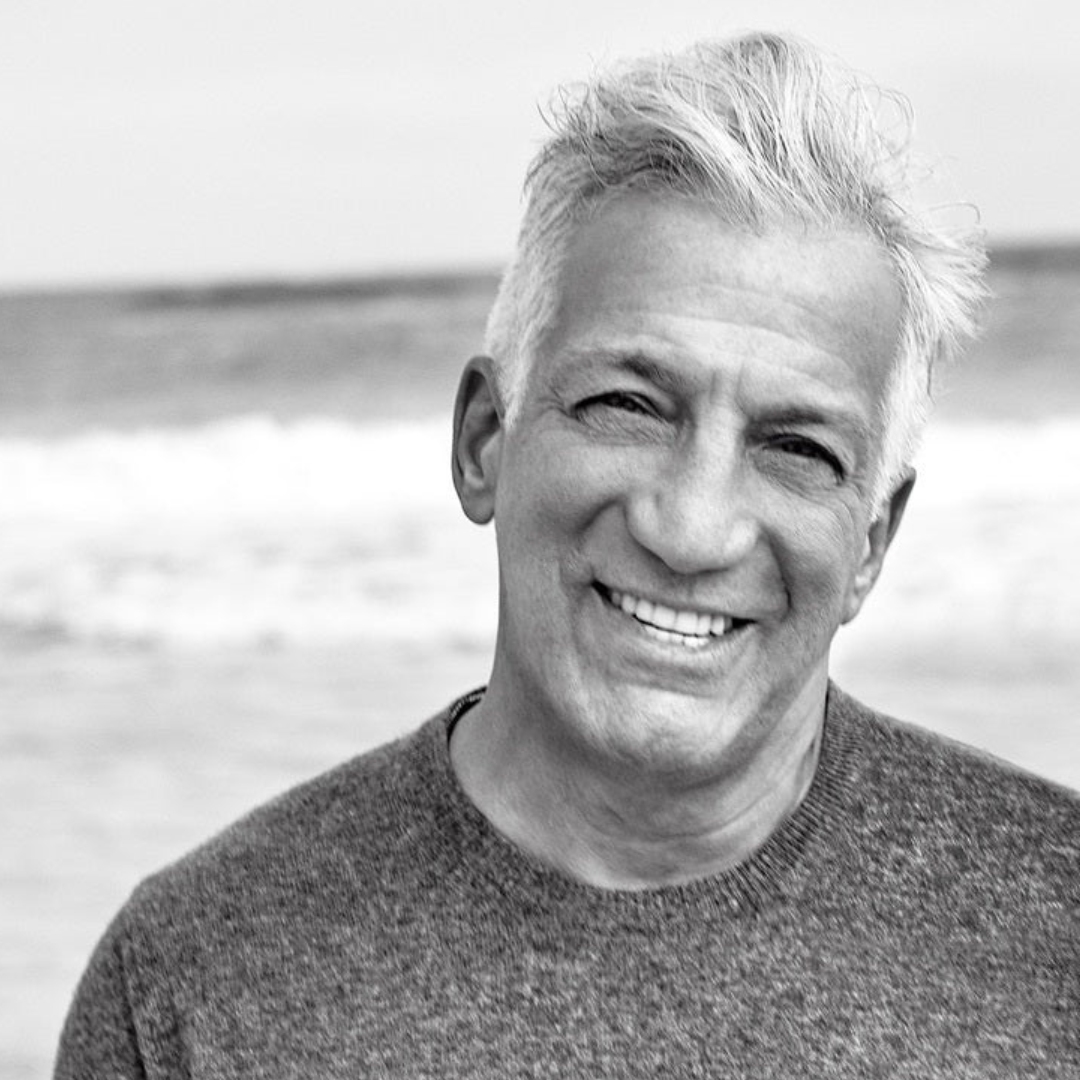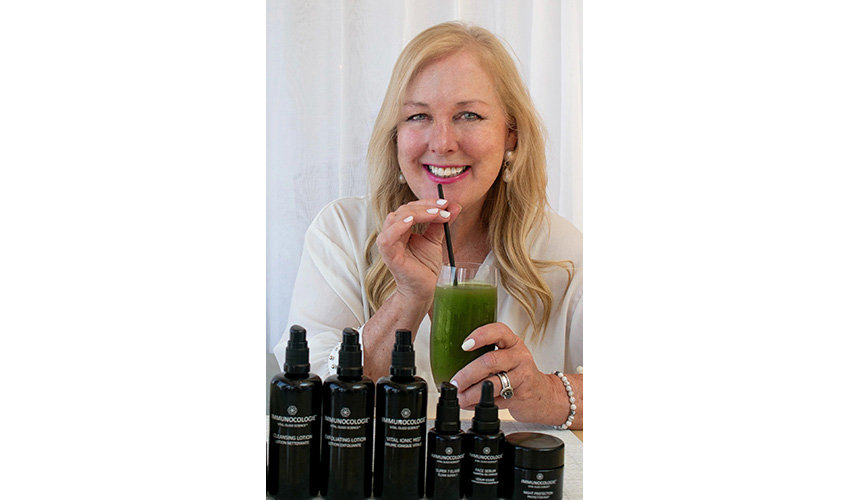A continuous positive airway pressure (CPAP) machine is a device that delivers consistent airflow pressure through a hose and mask attached to your face. A CPAP forces your airway to remain open while you’re asleep.
CPAP therapy is a common treatment for obstructive sleep apnea (OSA) in both adults and children.
Why do I feel worse after using a CPAP machine? CPAP therapy comes with several side effects like discomfort while breathing, loud snoring, and claustrophobia.
However, CPAP therapy provides benefits for people diagnosed with sleep apnea, usually within 1-6 days of consistent use. One of the primary benefits of using a CPAP is reducing the impact of sleep deprivation.
In this article, you’ll learn about CPAP machine side effects and how to prevent them to breathe more easily during sleep.
1. Discomfort While Breathing
One of the challenges of breathing on CPAP is breathing out against the pressure. This may lead to the sensation of shortness of breath, even though enough air is able to enter the mask.
Prevention: Talk to your doctor or healthcare professional about switching to an APAP (automatic positive airway pressure or auto CPAP) machine.
The key difference between CPAP and APAP machines is that APAP devices use advanced algorithms to monitor your breathing pattern. The APAP device then automatically decreases or increases your pressure according to your needs.
Your doctor may also recommend you use a BiPAP (bilevel positive airway pressure) machine.
BiPAPs, or Bi-Level PAPs, provide two different pressure settings. A higher inhalation pressure provides the assistance you need to avoid apnea, while a lower pressure allows for a more natural breathing rhythm during exhalation.
2. Dry Mouth
Dry mouth and its effect on a good night’s sleep is a common complaint for CPAP users.
Mouth dryness occurs when salivary glands in your mouth don’t produce enough saliva. If you sleep with your mouth open while wearing the CPAP, you’re more likely to wake up with a dry mouth.
Prevention: Switching from a machine that covers only your nose to a full-face machine will decrease the likelihood of you breathing via your mouth. You may also try mouth taping to gently train your mouth to remain closed while you sleep.
Another way to prevent this is using a chin strap with a nasal pillow mask or a nasal mask that covers your nose. The strap wraps under your jaw and it helps you hold your mouth closed when sleeping.
If you use a CPAP machine with a nasal mask or nasal pillow mask, your machine may warn you of “leakage.” This means the mask detects that a lot of air is escaping your mouth through the night, which means you should probably opt for mouth tape.
Leakage is a primary cause of dry mouth with a CPAP machine. In some cases, just changing your sleeping position can help prevent mask leak.
Regardless of the type of mask you prefer, a CPAP heated humidifier will add moisture to pressurized air to lessen the dryness of the throat and mouth.
3. Nasal Congestion
For many CPAP users, another discomfort arises from a stuffy nose.
Nasal congestion can lessen how many hours per night you use your machine, making the therapy less effective.
The most common causes of nasal congestion include:
- sinus infection
- common cold
- hormonal changes
- stress
Prevention: The ideal way to prevent nasal congestion is to address underlying triggers of the stuffiness, such as allergy treatment, supplements to improve immunity, and stress reduction. A functional practitioner — even a dentist! — can help walk you through these steps.
Try a nasal saline spray to moisturize your sinuses as a short-term treatment. Sinuses are a connected system of hollow cavities in the skull.
You can also use full-face CPAP masks. Full face masks are a good choice for patients with difficulties breathing through their noses.
If none of these treatment options helps, you should talk to your doctor.
4. Aerophagia
CPAP users who experience excessive belching, stomach bloating, stomach distension, and agonizing gas pains may suffer from aerophagia.
Aerophagia is one of the common problems that can develop during CPAP use. It happens when air enters your gastrointestinal tract, including your intestines and stomach.
There are numerous possible causes here. For example, your CPAP pressure may be too low or insufficient to alleviate your apnea event, or you may have nasal congestion from the flu or allergies.
Prevention: As a primary prevention method, check your CPAP pressure settings. If you think your CPAP device’s air pressure is too low or too high, consult your doctor.
Secondly, be sure that the mask you’re using is the best choice for you.
If you’re a mouth breather and using a nasal mask, it means that your mask isn’t the option suited for your condition. Also, if you experience a mask leak, consider choosing a different mask.
5. Claustrophobia
Many CPAP users are terrified to sleep with their CPAP masks on. While some patients feel anxious, many others may even experience a panic attack.
CPAP-related claustrophobia is a common occurrence when beginning CPAP treatment. Claustrophobia refers to the irrational fear of confined spaces.
Prevention: The best way to get over CPAP claustrophobia is to try the mask out during the day to get used to the feeling of the mask and air pressure. While you’re watching TV or reading a book, challenge yourself to wear the mask for 15 minutes at a time, gradually increasing the time until you feel completely comfortable with it on.
Remember, your CPAP mask will not suffocate you. In fact, CPAP masks are designed to provide you with more air, the other way around. You can free yourself from that phobia by gradually exposing yourself to the thing that fears you.
CPAP panic goes away as soon as you get used to the mask and the airflow. It just takes time and patience.
Furthermore, make sure that your mask and headgear are properly fitted, as poor headgear or mask fit is the leading cause of CPAP claustrophobia.
6. Skin Irritation
CPAP users frequently experience skin irritation from time to time. This happens because your skin may be sensitive to silicone or other materials that your mask is made of.
Although these materials are beneficial for the fit of your mask, they can irritate your facial skin.
Prevention: Make sure that both your skin and your mask are clean. Before wearing your CPAP mask, first wash your face with a light cleanser. This will ensure that your skin is clear of anything that might cause friction against your mask and help your mask stay fit, avoiding irritation or rashes.
Cleaning your mask regularly will keep it in good shape and prevent irritants from accumulating on the surface. Using mask liners and cleaning your mask can help remove some of the irritating surface chemicals.
If you can’t get rid of skin irritation from your CPAP machine, you may need to address an underlying skin condition. Consider talking to a holistic dermatologist about preventative treatments.
What are the long-term effects of using a CPAP machine?
Sleep apnea is a sleeping disorder that can lead to serious health problems. It happens when a person’s upper airway becomes blocked during sleep and can cause symptoms from daytime sleepiness to high blood pressure and an increased risk for most chronic diseases.
CPAP is often considered the most effective nonsurgical treatment for obstructive sleep apnea (OSA). But as an approach that only treats a symptom, not the actual cause of sleep apnea, a CPAP machine isn’t necessarily a good fit for long-term treatment.
The short- and long-term impacts of using a CPAP machine include:
- dry or runny nose
- sore throat
- dry mouth
- dry eyes
- nasal congestion
- nosebleeds
- facial irritation
- air leaks around the mask
- weakened throat muscles
Do CPAP machines damage lungs? Functional CPAP machines shouldn’t damage your lungs; however, a defective device can do long-term damage to your lungs. This may include chemical and off-gases inhalation from polyurethane in your CPAP device.
The potential side effects of CPAP use aren’t always life-threatening, but they are often why many people stop their sleep therapy.
And unfortunately, CPAP therapy doesn’t address the root cause of sleep apnea, which is typically a mouth that hasn’t developed to fit the entire tongue properly.
Also, as throat muscles weaken over time, many patients find that they need to continue CPAP therapy for the rest of their lives.
Consider a root-cause approach to your sleep apnea. We frequently work with patients to permanently resolve sleep apnea with treatments such as the DNA appliance and weight loss. These sleep apnea treatment options can often be done from the comfort of your home.
Talk to a biological dentist today about your sleep apnea symptoms for a better night’s sleep — forever. We offer telehealth consults and in-person appointments at our Manhattan and East Hampton, NY offices.




